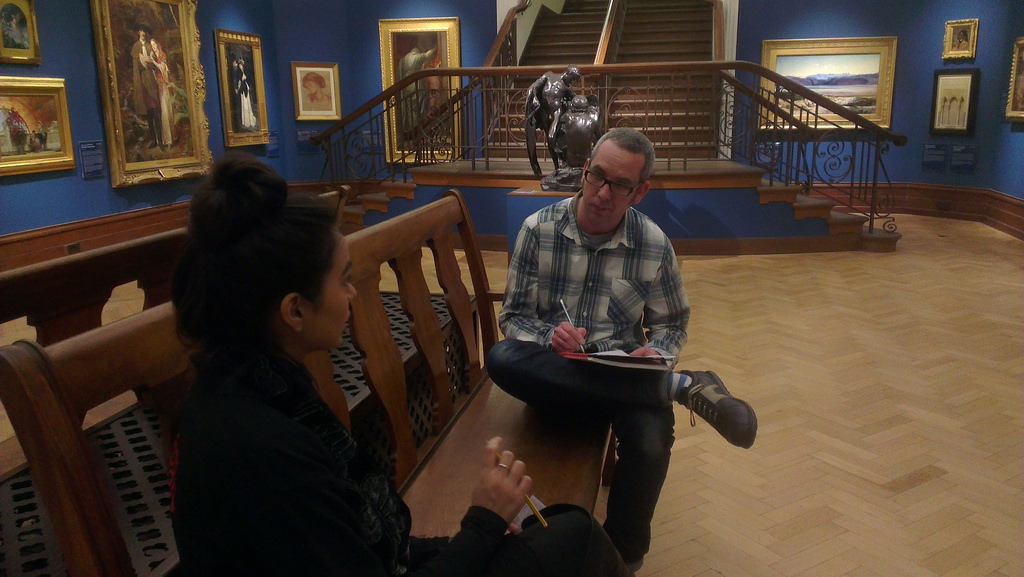Here at fffunction, we always work with clients to try to incorporate at least some user research into our projects. Often this will take the form of interviewing users from user segments which we’ve identified with clients (typically based on motivations and tasks) to test our assumptions and gain new insights.
When we started working with the Bristol Museums, Galleries and Archive service, we quickly discovered that the service has a strong research and evaluation team with a wealth of data at its disposal. Furthermore, the museums and cultural institutions sector in the UK has an ethos of open sharing of research amongst organisations. So given that the budget for the design and development of the new BMGA website for this financial year is tight, we made a call to limit the amount of research we did ourselves but to review relevant research which was available to us.
The main piece of research we used is the report from the second phase of a multi-phase research project from Culture24 called Let’s Get Real. Culture24 have worked with organisations throughout the UK’s cultural sector to help them define and measure success online.

In the kickoff for the project, the team’s instinct was that the website should focus on content to help visitors plan a visit to the museums in the group. Our review of the Let’s Get Real 2 research along with other research supplied by the museum from visitor surveys and some informal interviews which we conducted with visitor services staff in the service have shown us that this instinct is a good one.

So for the first phase of the website project, we’ll focus on content which supports visitors in planning visits. We’ll be bearing other tasks and motivations in mind and these will get more attention in later phases of the project, with more user research around them very likely.